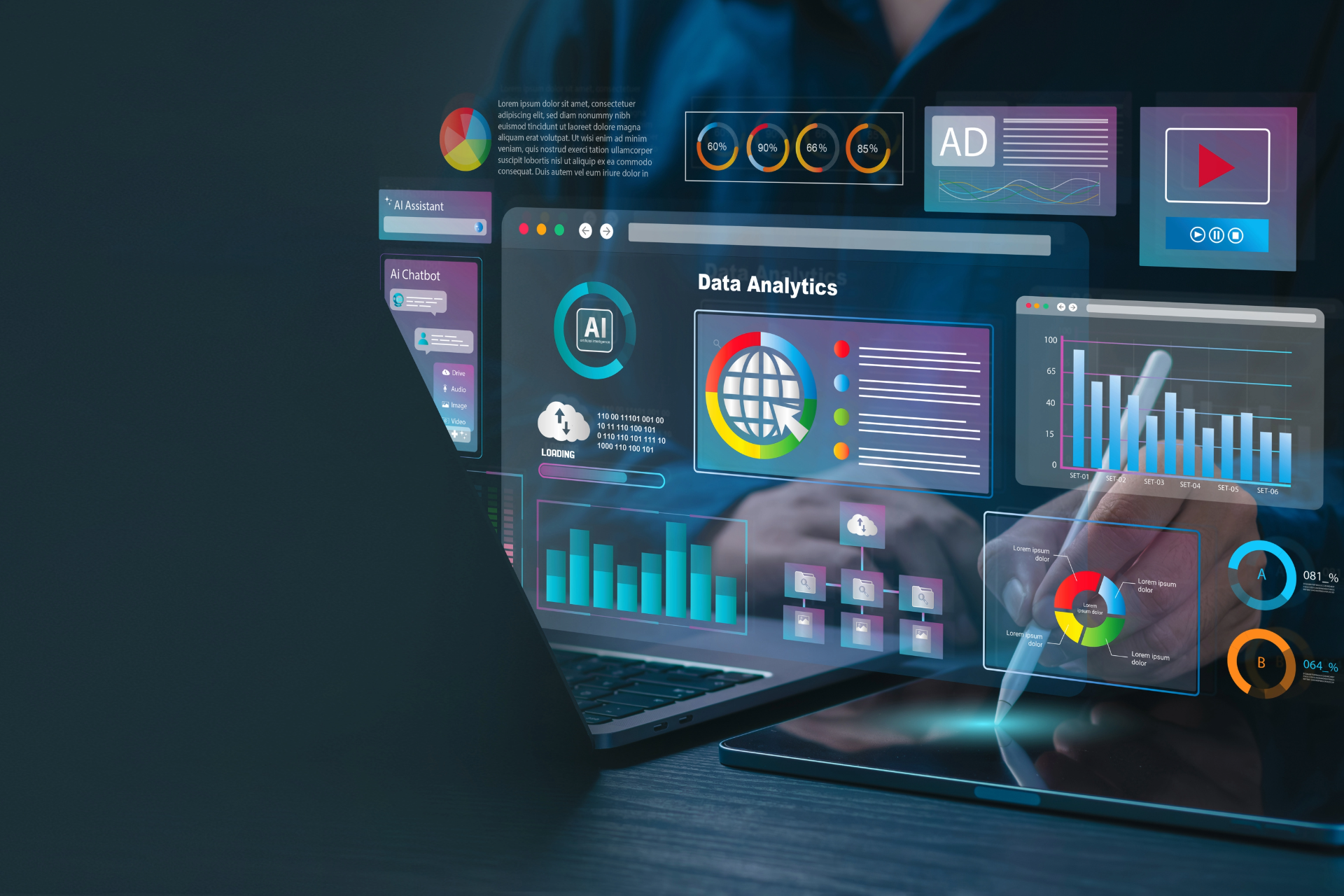Unlocking the Future of Property Sales: How RealEstateAIx Revolutionizes the Game for Agents and Brokers Over Traditional Marketing
RealEstateAIx has revolutionized the way real estate agents and brokers market properties. As technology advances, artificial intelligence (AI) tools are increasingly becoming integral to various industries, with real estate being no exception. Not only do these technologies streamline operations, but they also offer strategic advantages that traditional marketing methods simply cannot match. In this exploration, we dive into why AI, particularly systems like RealEstateAIx, outshines traditional marketing techniques and how it benefits real estate professionals in today’s digital age.
The Evolution from Traditional to AI-Driven Marketing
Traditionally, real estate marketing relied heavily on physical networking, print advertisements, and classical word-of-mouth strategies. These methods, although proven, come with limitations such as high costs, time-intensiveness, and often, less measurable results.
The advent of RealEstateAIx and similar AI platforms has transformed this landscape dramatically. These tools employ sophisticated algorithms to analyze vast amounts of data on buyer behavior, market trends, and property values, enabling agents and brokers to make informed decisions swiftly and accurately.
Enhanced Precision and Personalization
One of the most significant benefits of using RealEstateAIx in real estate marketing is the level of precision and personalization it brings to the table. AI technologies have the ability to sift through extensive data sets to identify patterns and preferences among potential buyers that human marketers might overlook. This allows for the creation of highly targeted marketing campaigns that are more likely to resonate with the audience.
Predictive Analytics in Real Estate Marketing
Predictive analytics is a cornerstone feature of AI in real estate. By analyzing past sales data, market conditions, and consumer behavior, AI can predict future market trends and buyer interests with remarkable accuracy. RealEstateAIx leverages this capability to forecast what properties will be in demand and when. This foresight enables agents and brokers to strategically position their marketing efforts, potentially leading to quicker sales and higher returns.
This preemptive approach is a stark contrast to traditional marketing methods, which often rely on reactive strategies—putting out advertisements and hoping they attract the right buyers at the right time.
Real-Time Updates and Market Adaptability
AI-driven tools like RealEstateAIx provide real-time analytics, which is crucial in a market as dynamic as real estate. The ability to immediately access updated information about market fluctuations, consumer activity, and other relevant factors means that agents and brokers can quickly alter their strategies to maintain competitiveness and effectiveness.
In contrast, traditional marketing methods might involve lengthy processes of gathering data, analyzing trends, and implementing changes, during which market conditions could have already shifted significantly.
Cost Efficiency and ROI
Implementing AI in real estate marketing can also lead to more cost-effective strategies. While the initial investment in AI technology might be significant, the return on investment (ROI) can be substantially higher compared to traditional methods. RealEstateAIx, for instance, automates many aspects of the marketing process, reducing the need for physical materials, direct mail campaigns, and large-scale physical events, all of which incur high costs.
Moreover, the precision of AI-driven campaigns means that marketing dollars are spent more efficiently, targeting only those most likely to respond positively. This targeted approach minimizes waste and maximizes the potential for sales, improving overall ROI.
Scaling with AI
Another advantage of AI like RealEstateAIx is scalability. Traditional marketing methods can be labor-intensive, limiting the number of clients an agent or broker can effectively handle at one time. AI platforms automate many of the tedious processes involved in marketing, from lead generation to client interaction, thereby allowing real estate professionals to manage more listings and client relationships without compromising the quality of service.
Conclusion
The transition from traditional marketing to AI-driven strategies like those offered by RealEstateAIx represents a paradigm shift in the real estate industry. With advantages such as enhanced personalization, predictive analytics, real-time updates, cost efficiency, and scalability, it is clear why AI wins for agents and brokers. As we move forward, embracing these technologies will not be just an option but a necessity for those looking to thrive in the rapidly evolving real estate market.







